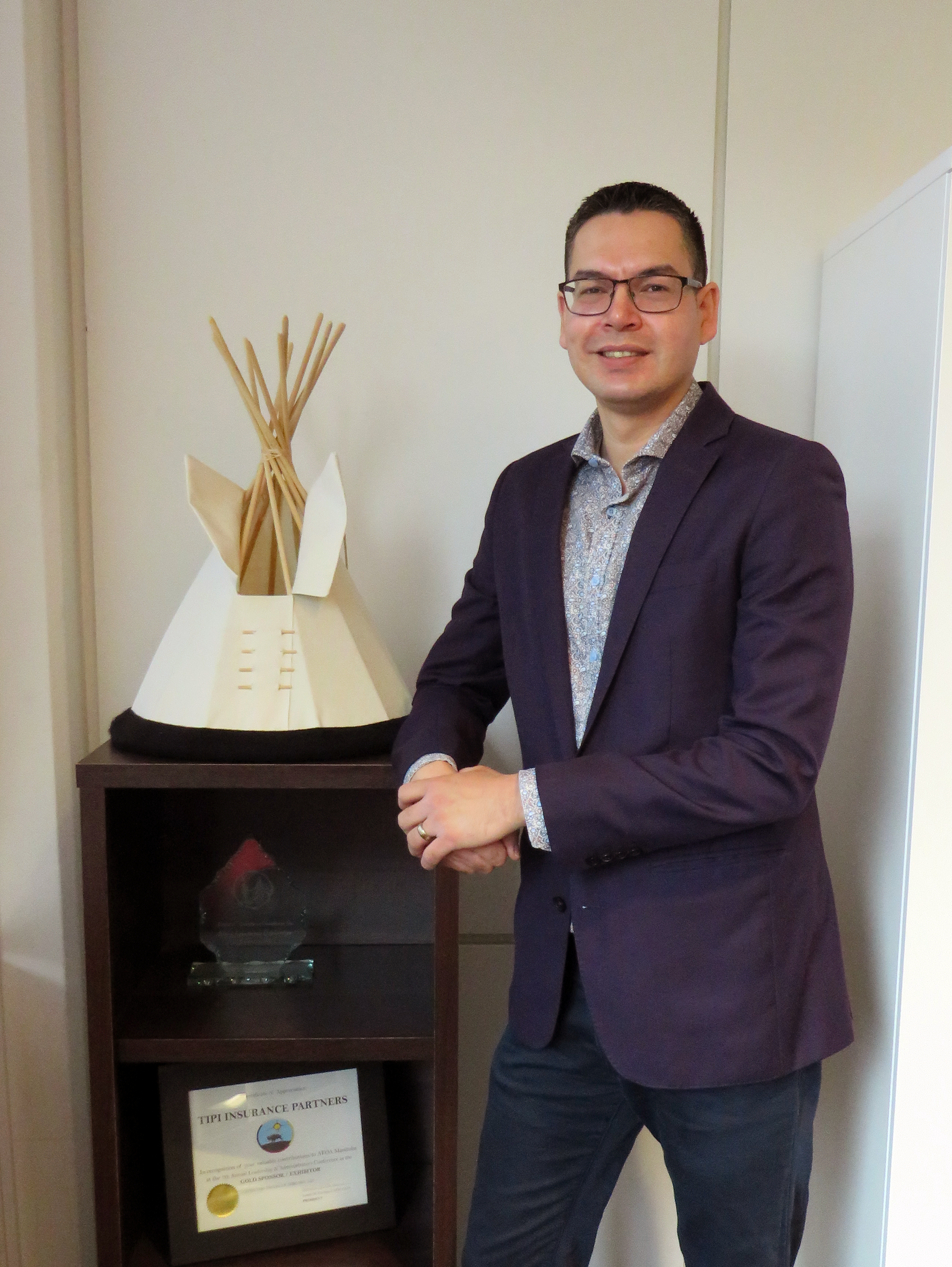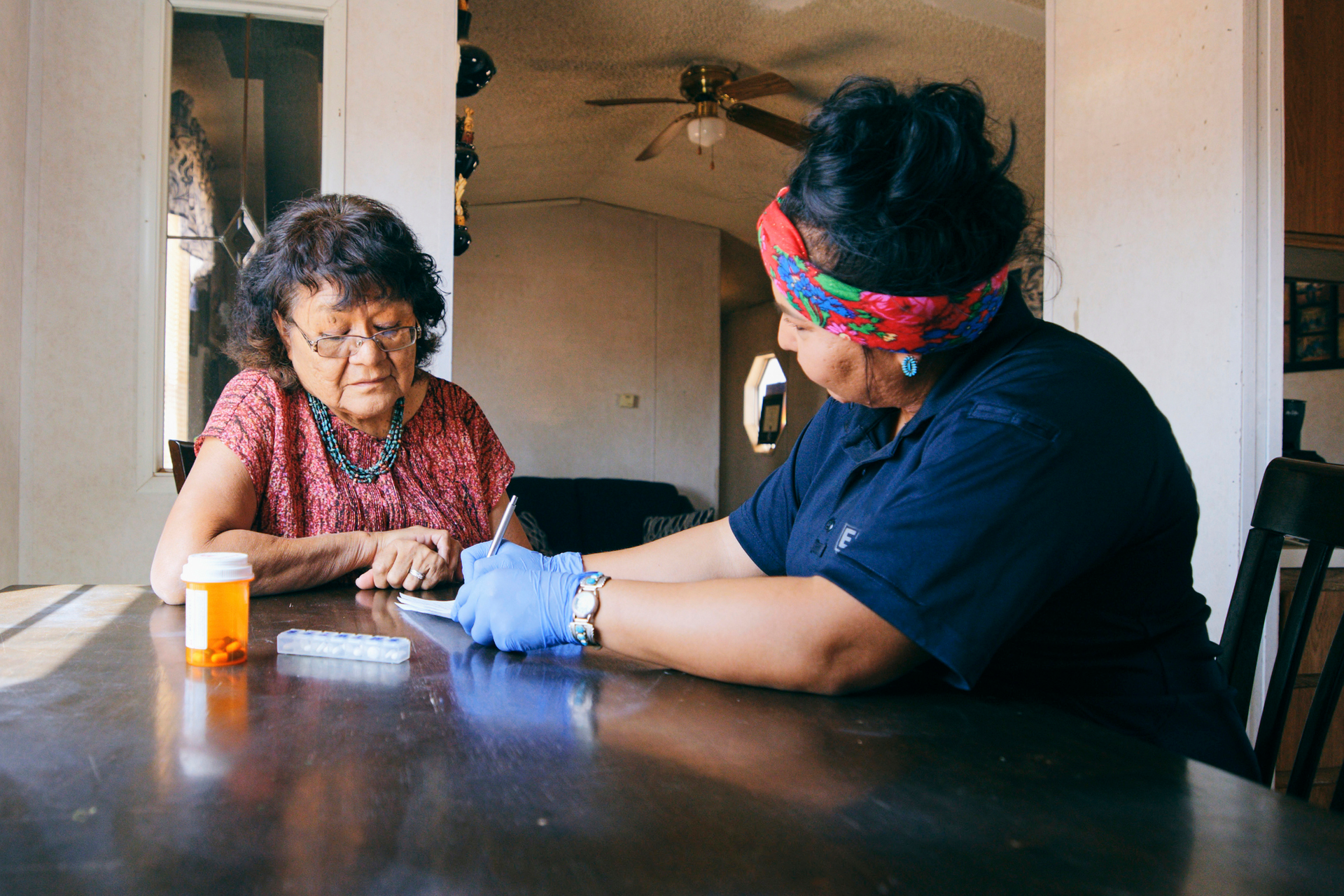By Madeleine Bote for Industry West Magazine
Diversity, equity, and inclusion (DEI) are values that every business should uphold and strive for when it comes to the inclusion of different groups. The TIPI Group of Companies, an Indigenous-owned and led economic development engine, understands this necessity to make not only Indigenous voices heard in business, but to create spaces where everyone can thrive. DEI doesn’t stop at just gender equality but extends to consider how individuals from different backgrounds and abilities are included and represented across all layers of an organization.
Representation matters
At TIPI, it is believed that DEI doesn’t stop at gender or race equality but must extend to Indigenous engagement and reconciliation in a meaningful way.
“DEI is about enriching the fabric of an organization through focused efforts on preparing a safe, respectful environment that aims to reduce barriers to success,” says Janice Gladue. “This means that leadership must be committed to examining systems, policies, and practices to identify these barriers. They must be open to challenge the status quo and to develop new ways of being and doing things. Change must be real to be impactful.”
Gladue is the chief operating officer (COO) of the TIPI Group of Companies, an Indigenous-owned economic development engine that drives capacity, manages risks, and enables transformation for its communities and clients. The group of companies currently employs nearly 100 people and has operations across the country.
Corporate diversity, equity and inclusion efforts often focus on addressing gaps in representation through recruitment and then fall short in retention. One of the pitfalls an organization may experience is that they do not dig deep to define what successful DEI and Indigenous Engagement looks, feels and means for their organization. Not adjusting their culture and practices and not having clarity on what equity means often results in their efforts running flat. Setting goals that amount to filling quotas will not amount to longevity and success.
“Truth and Reconciliation is foundational to successful corporate Indigenous Engagement initiatives. Committing to learning the truth of the history and experience of Indigenous people should be a starting point for Leadership in order to drive success within their teams and organizations,” Gladue says. “At TIPI we understand what it takes to truly drive change in this regard. TIPI was initially created in 1999 for the sole purpose of closing the gap in representation of Indigenous people as insurance professionals and to change the experience and access of Indigenous communities to insurance coverage.”
Building something new
“There weren’t a lot of Indigenous people in the industry at that time, so we had to build them up. This meant we had to find good people who had core skills, abilities, and some business acumen and then we invested in their training and development through mentorship and support,” says Gladue. The investment of time and the active work put towards their partners and employees is why TIPI created an industry space for Indigenous communities.
Today, TIPI has grown beyond its insurance offerings and has expanded its services to include human resources consulting, talent acquisition services, group benefit administration, and a Truth and Reconciliation for business initiative. Who they are and what they do are grounded in principles that honour and advance Truth & Reconciliation in their work and relationships.
Leading the way
In a world where there are many companies who need help on Indigenous inclusion and engagement through DEI, TIPI fills a niche and bridges a gap within other companies and industries. Legacy Bowes, another organization within TIPI Group of Companies, has Indigenous staff as well as staff that are experienced within Indigenous communities. “The value of leaning in to build our workforce that is at our feet and that is representative of particularly Saskatchewan, Manitoba, and Alberta, only makes good business sense,” says Gladue.
TIPI works to talk about how to include the impacts of trauma and mental health in employees. This is important when it comes to their work with DEI, as the perspectives of their staff primarily reflect Indigenous ideas and perspectives on diversity that currently are still emerging and developing in a corporate dialogue. TIPI innovates the industry standard for establishing DEI amongst their companies because they are by and for Indigenous and minority groups, thus making their work integral the building blocks of diversity, equity, and inclusion.
Showing up
The meaningful and intentional application of DEI within business and policy is what brings minority voices forward and allows employees to thrive, and also allows for groups to express themselves with integrity and authenticity within business. That is what makes the work of companies like TIPI integral to our evolving business world. By building themselves up with integrity and setting an example, TIPI not only closes the gap, but builds a strong bridge for voices to be elevated in the industries they work in.




